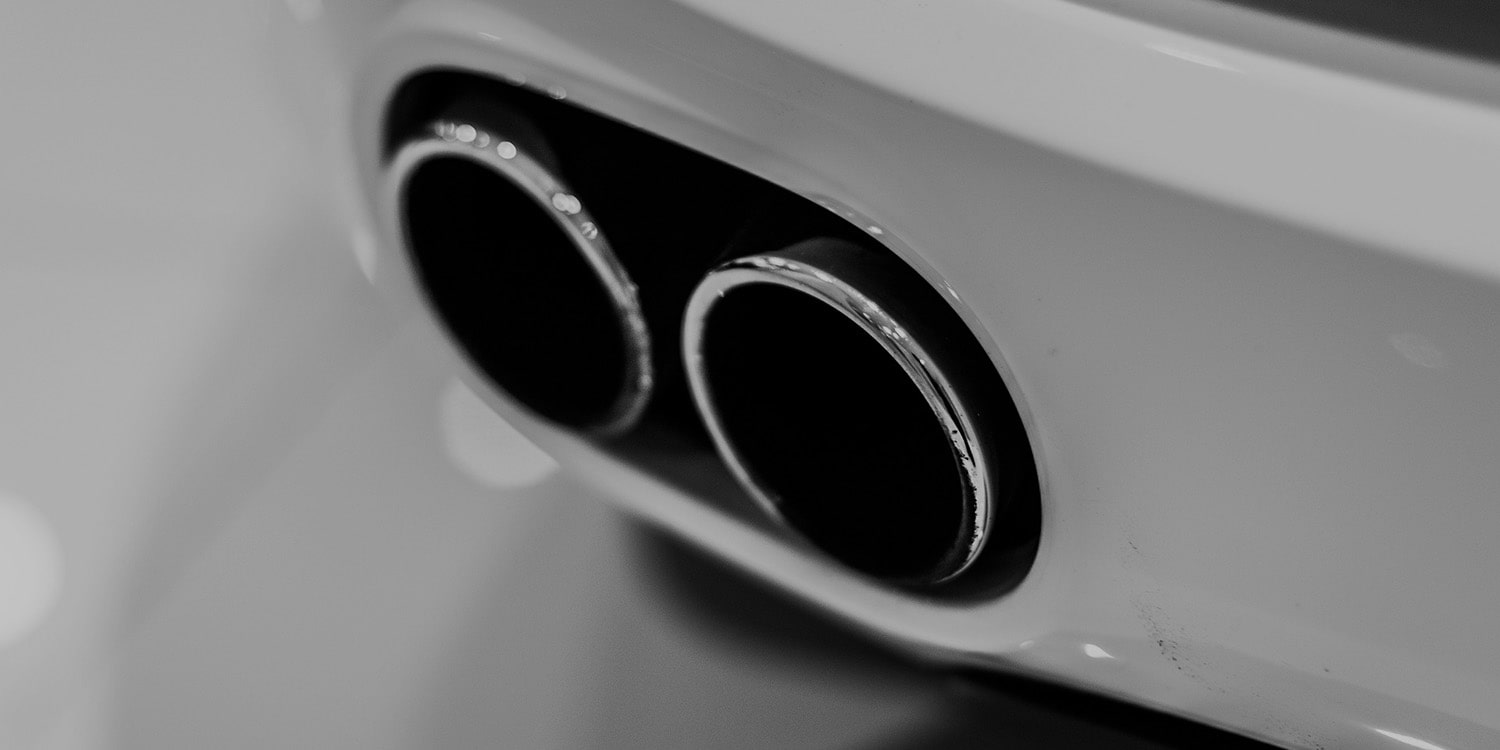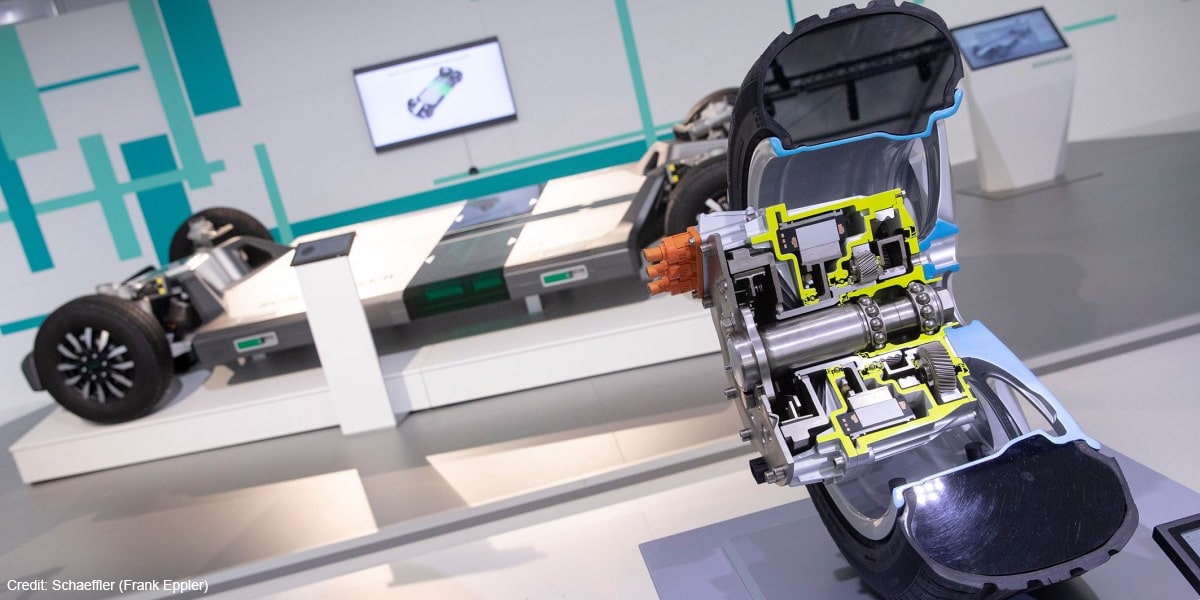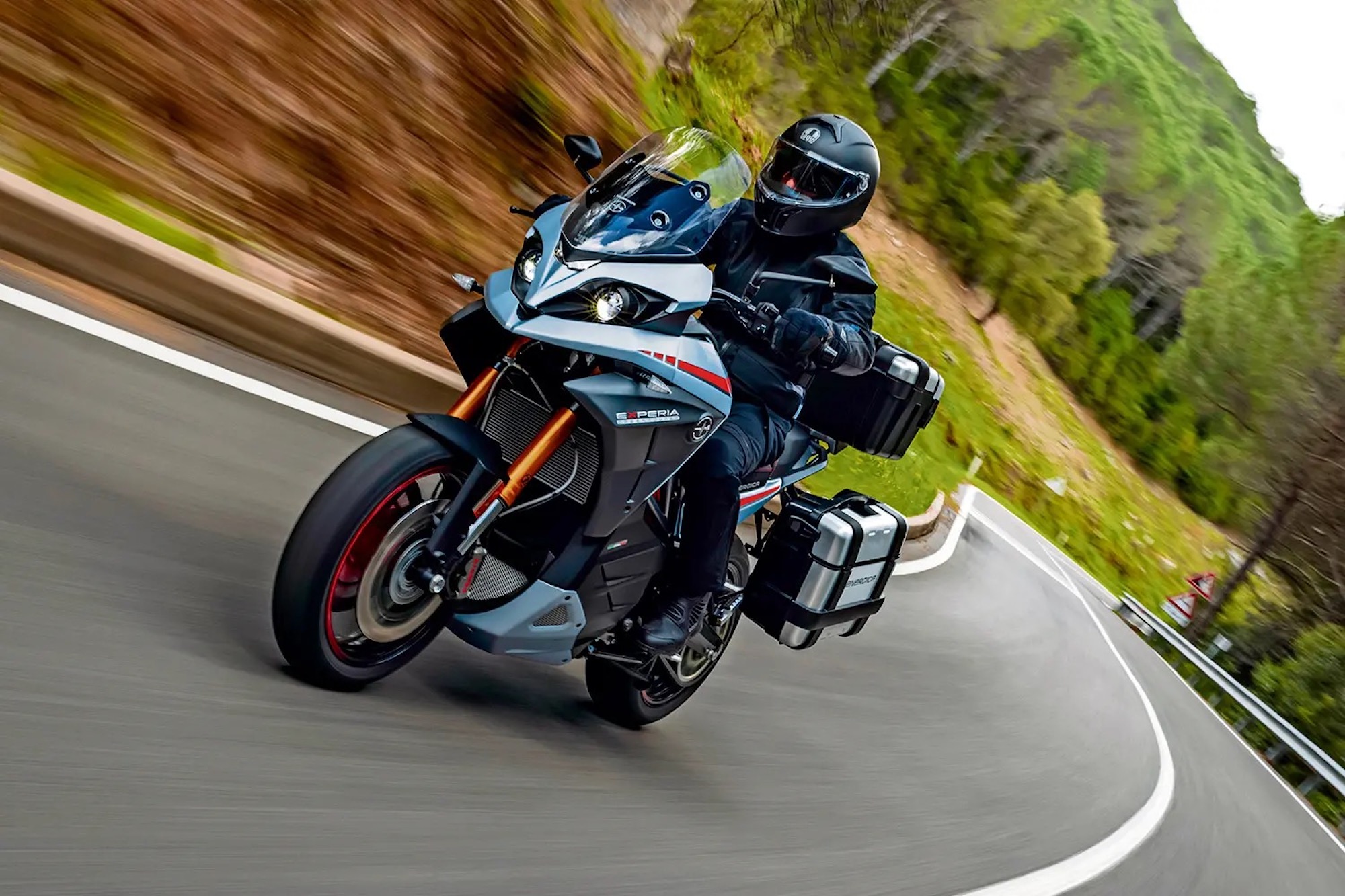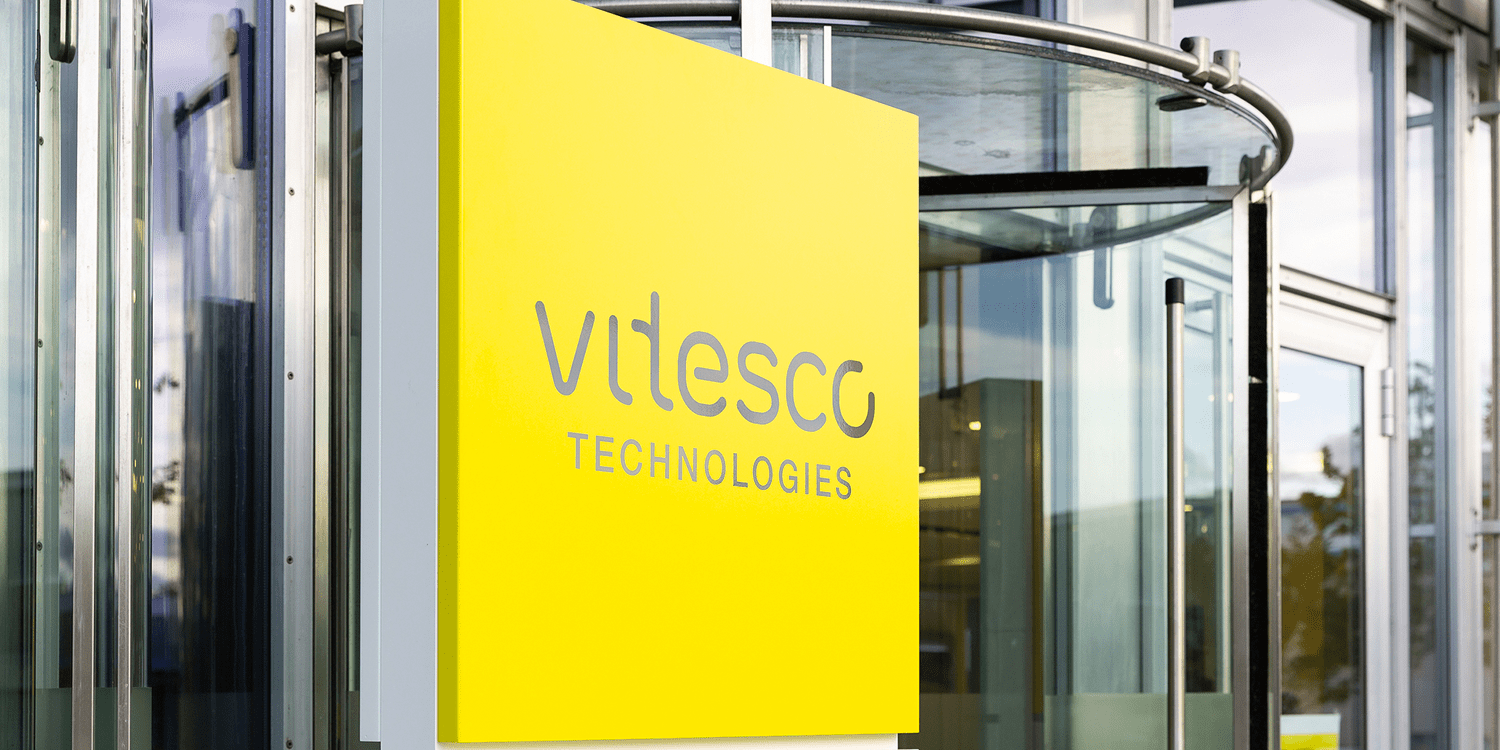The future of internal combustion engines (ICEs) in the European Union (EU) is a hotly debated topic, with some advocating for a complete phase-out in the near future. However, a potential solution may be on the horizon as the German transport ministry has announced that it no longer wants to renegotiate CO2 limits for cars, effectively signaling the end of ICEs from 2035. While it remains to be seen whether the EU Commission will accept these demands, this development is a step in the right direction towards reducing greenhouse gas emissions.
According to a recent report by German publication Der Spiegel, the transport ministry led by Volker Wissing and the FDP party is demanding that the EU Commission commit to submitting a delegated act by autumn this year. This act would determine how cars powered exclusively by e-fuels can contribute to the EU’s targets for reducing greenhouse gas emissions. Hartmut Höppner, State Secretary in the Federal Ministry of Transport, sent the proposal to the EU Commission by email. Since the regulation on the new CO2 limits itself is not to be touched again, the most important point of contention would be settled.
See also: EU Commission Takes Bold Step to Cut Emissions: Mandates Zero-Emission City Buses by 2030
“This is a positive development as it represents progress towards our goal of reducing greenhouse gas emissions,” said Dr. Jane Goodall, world-renowned primatologist and environmental activist. “It is heartening to see that the German transport ministry is taking steps to address this issue, and I hope that other countries in the EU will follow suit.”
While this concession by transport minister Volker Wissing was not foreseeable in the past few days, it is a welcome development in the ongoing negotiations. The drafts of both sides that were recently published in the media gave a different impression. While the Commission had proposed to create a new vehicle category for e-fuels that technically cannot be operated with fossil fuels, the German Ministry of Transport surprised everyone with its own draft. This apparently stipulated that cars with ICEs would not have to be fueled exclusively with synthetic fuels from 2035, but could also have been fueled with a fuel mix of e-fuels and petrol or diesel.
“Any move towards reducing our reliance on fossil fuels is a step in the right direction,” said Christiana Figueres, former executive secretary of the United Nations Framework Convention on Climate Change. “It is encouraging to see the German transport ministry taking action to address this issue, and I hope that other countries will follow their lead.”
See also: EU Drafts Proposal to Allow Sales of Internal Combustion Engine Cars Running on E-Fuels After 2035
Wissing has since backed away from this demand, and the new proposal of the Ministry of Transport now only mentions vehicles with combustion engines “that exclusively refuel with CO2-neutral fuels”. For them, even after 2035, “a perspective is to be created that these can be newly registered”. This would again correspond to the original FDP demand after the ministry had gone far beyond this demand with the draft submitted in the meantime, in that (partial) operation of new cars with fossil fuels would also have been possible.
“The transportation sector is a major contributor to greenhouse gas emissions, and any measures to address this issue are crucial,” said Professor Michael E. Mann, renowned climate scientist and director of the Earth System Science Center at Pennsylvania State University. “While there is still much work to be done, the recent announcement by the German transport ministry is a step in the right direction towards a cleaner, more sustainable future.”
While the German government has not yet publicly issued a reaction to the EU Commission on the new draft, the fact that a regulation on the operation of new vehicles with combustion engines and pure e-fuel use is to be examined is already included in the planned law on CO2 fleet limits. However, in the version that the transport ministry also agreed to last year, it is a so-called recital – a legally non-binding requirement. Wissing’s ministry is calling for more







